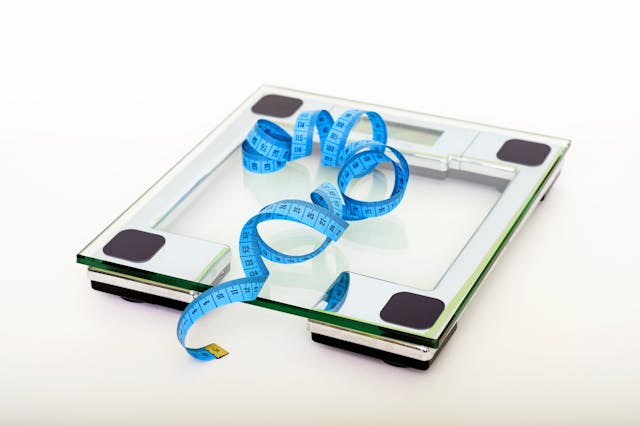The diet starts on Monday, right? If weight loss seems to be taking over your life, you’re not alone. Diet culture has influenced millions of people and has been popular for many years. The ’90s, in particular, was a pretty damaging time for people’s ideas and thoughts about body image, body fat, and ideal body shapes.
However, it’s never too late to break out of the cycle of diet culture and finally establish some healthy habits that can help you on your weight loss journey and keep you on track toward your goals of a healthier weight.
If you’ve tried it all and want to improve your weight loss approach, these tips can help.
ask yourself why
It’s a good idea to ask yourself how you want to lose weight. Is it because you think it needs to be done for aesthetic reasons? Is it because you want clothes that fit a specific size? Feeling more confident? Because it affects your health and physical abilities? Everyone has different reasons for wanting to lose weight, and understanding those reasons can be the key to staying on track and giving you more specific goals than just a number on the scale.
know your body
Understanding your body and how your weight fluctuates from day to day can help you improve your relationship with your body and the number on the scale. Weight fluctuates from day to day for a variety of reasons. One day you may have more salt in your diet than usual, causing increased water retention, eating later in the day means you didn’t fully digest your last meal, exercising later in the day, and you didn’t sleep well , or drink a lot more water than usual when drunk. For women, you may also be starting your menstrual cycle.
It’s not just the food you eat that affects your weight, but also many things in your daily life. Before starting your weight loss journey, it’s a good idea to track your weight every day and write down your activities that day to understand how your weight is changing and the different factors that may affect it. From here, you can use this information to help you avoid feeling discouraged once you start cutting back on calories and trying to lose weight.
body fat
Your body is made up of more than just body fat, and understanding this in conjunction with the above points allows you to look beyond the scale and see what your weight loss efforts are really about. In addition to maintenance calories, it takes 3,500 calories to gain 1 pound of body fat.
The same goes for weight loss. You need to reduce your calorie intake by 3,500 calories to lose 1 pound of fat. If your weight fluctuates frequently, it’s likely not body fat but water retention, which is a temporary increase in water content in the body. So when you ask the question, “How much weight can you lose in a week?” you need to know that it’s not all body fat; It’s probably water weight, and even if you don’t lose a lot of weight, it’s still possible to lose body fat.
Track your diet and exercise
Tracking food and activity is a key part of a successful weight loss journey. It’s a good idea to weigh yourself before losing weight to give yourself a base or starting form and make changes. You need to look at what you were eating before your new caloric deficit phase, the types of foods, and the calories in the foods you normally eat. From here, you should know how many calories you need at your current weight to get into a calorie deficit for weight loss or weight maintenance. Online calorie calculators can be helpful as they calculate what you should aim for based on your weight, height, gender and city class.
You’ll also want to track your steps and any exercise you may be doing to help you understand which habits support your external goals while ensuring you’re more active. Never increase calories through activity to supplement the calories burned by exercise. Exercise should be about improving health, mental health and mobility, not about making you eat more.
These tips are some basic actions and knowledge that can support you as you work toward your weight loss goals. Changing your mindset, tracking your diet and exercise, and understanding your body are all great tools that can help move you in the right direction and give you better, longer-lasting results.

